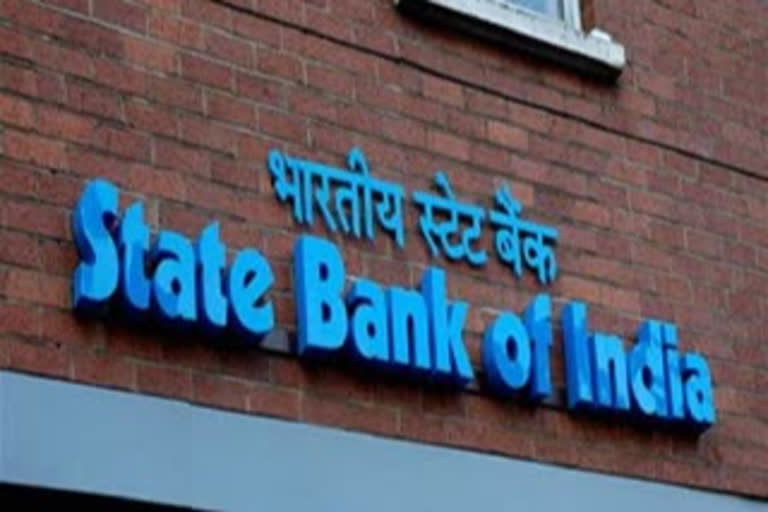New Delhi: Banking operations are likely to be hit across the country as nearly 10 lakh officers and bank employees of government banks are participating in the two-day strike on Monday and Tuesday against the Union government’s decision to privatise public sector banks.
The two-day strike comes on the back of a two-day long weekend this time as the banks, both public sector and private banks, were closed on March 13 and March 14, on account of the second Saturday and Sunday.
What services will be hit
The two-day strike beginning today means that the banking operations, particularly the clearance of cheques, cash deposits and withdrawals, sanction of loans and other such services which require visit to a bank branch will be affected for a continuous period of four days – Saturdays to Tuesday – in a stretch.
However, internet banking, mobile banking and ATM operations are unlikely to be hit.
Similarly, the working of private sector banks such as HDFC, ICICI, Axis Bank and others will not be affected as they will continue to work like any other routine day.
Also read: Strike alert: Banks likely to remain shut for four days
UFBU called the bank strike
The two-day bank strike is called by the United Forum of Bank Unions (UFBU), comprising four associations of bank officers and five unions of bank employees.
“We all are participating in the bank strike. All nine associations and unions are participating in the strike,” said Viraj Tikekar, General Secretary of National Organisation of Bank Officers (NOBO).
Tikekar said four associations of bank officers, AIBOC, AIBOA, INBOC and NOBO are participating in the two-day strike.
“Nearly four lakh bank officers, and five lakh clerical staff are participating in the strike,” Tikekar told ETV Bharat from Pune.
Earlier there were mixed signals about the participation of the banking unions and bank officers associations affiliated to Bharatiya Mazdoor Sangh (BMS), which in turn is affiliated to Rashtriya Swayamsevak Sangh (RSS), the parent organisation of the Bharatiya Janata Party, the ruling party at the Centre.
As earlier reported by ETV Bharat, the Kendriya Karya Samiti (KKS) of the BMS has decided to strongly oppose the privatisation drive launched by the Centre in its meeting held in Chennai last month.
The National Executive Council of the BMS also passed a resolution against the Centre’s privatisation drive, which includes privatisation of railway services and corporatization of defence factories under the Ordnance Factory Board (OFB).
Also read: Global server market sales up 1.5% in Q4 2020
Bare minimum presence of Government
In the Union budget for FY 2021-22 presented on February 1, the finance minister Nirmala Sitharaman had announced the government’s decision to privatise two public sector banks and one government owned general insurance company in the next financial year in addition to other shortlisted PSUs such as oil marketing company BPCL and national carrier Air India among others.
In a post budget interaction with ETV Bharat, Anurag Thakur, Minister of State for Finance had categorically stated that the Government was very clear about its priorities which included providing better health, education and infrastructure to the public rather than investing more money in the public sector banks.
In an interaction with ETV Bharat, Tuhin Kanta Pandey, secretary in the Department of Public Asset Management (DIPAM), which looks after the strategic sale and dilution of government stake in PSUs and public sector banks, had reiterated the government’s resolve to reduce its presence in the business to bare minimum.
Also read: Drastic changes in monetary policy framework can upset bond market: Rajan



